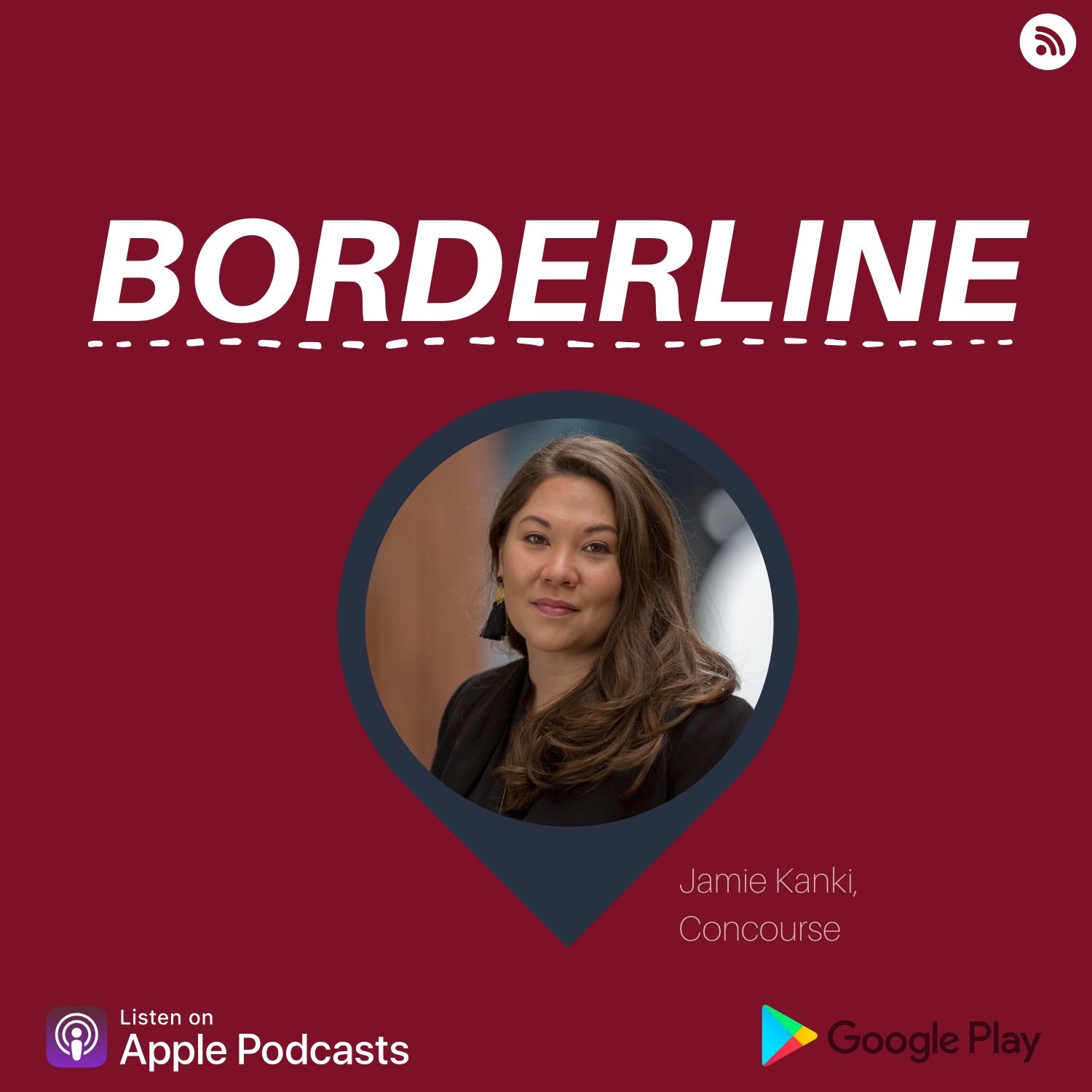
Universities have been battling it out to woo international students. Can they survive without them?
Episode 2 of the Borderline podcast, with Jamie Kanki
Every year my alma mater sends a few students abroad to London. Every year I meet them and share a little career wisdom. They thank me, politely, but I think I’m the more thankful one. They don’t know what they’re doing for me. They remind me of that joy I knew once, of landing in a foreign country for an educational experience that goes well beyond the classroom.
The chance to study internationally is the best gift you may offer a young person – and the world they will be building. But is it that valuable when classes are suddenly all on Zoom? $25,000-a-year kind of valuable? Students, families and universities are asking themselves that very question. I asked it of Jamie Kanki, a career expert on global student recruitment and my guest on this week’s episode of the Borderline podcast.
“Universities are all furiously looking at their financial models right now,” Jamie tells me. Wooing international students has become big business. “It was really starting to get hairy out there” pre-covid, she adds. “Everyone wants a piece of the pie.” And what a pie: an estimated $300 billion a year.
Because they pay higher tuition, foreign students often subsidize the education of national students. If they stay home, the financials of global education no longer add up. Witness New South Wales, Australia: applications for the next school year have nearly doubled, as local students give up on gap years abroad and prefer school to a dreadful job market. But under the current funding model, they will be turned away.
Meanwhile, young people who were hoping to start or continue their education abroad are finding borders closed and programs canceled.
“For the students in their final year, this has been really stressful,” Jamie notes. “Universities are trying to communicate to students: ‘we hear your questions, we don’t have the answers, but we hear you and we’re doing the best we can.’ But it’s not enough to a student and their family who are getting ready to spend a lot of money to go abroad.”
Will the next generation opt to study closer to home? Which schools will die over this? Will Asian universities win the race? Is this online education’s moment? Are domestic politics discouraging foreign scholars? Are standardized tests over and done with already? Why is no one thinking about the class of 2021?
In answering all these questions, institutions are forced to ask themselves an even bigger one: What makes a good education? Jamie warns: “I think the true value of an experience and of a degree is really going to be put under a microscope over the next few years.”

Listen to episode 2 of Borderline for a wide-ranging conversation on the future of international education with Jamie Kanki. And head to the comments to share your own experience of studying abroad. (Montclair High School ‘02, Missouri ‘08, I see you!)
Hey, you read to the end!
Don’t miss future articles like this one; let me into your inbox.






